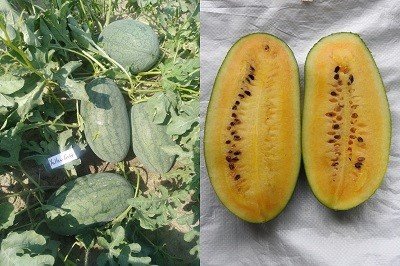Unnati is giving farmers access to Satyukt’s Sat2Farm platform for purposes like soil testing, leveraging localized weather information
Underlining its vision to transform the existing farming operations in India, Unnati, a FinTech-driven agriculture ecosystem has joined forces with Satyukt, an innovative satellite data analytics company to help farmers enhance their productivity and promote the best farming practices using satellite technology. As part of this collaboration, the forward-looking company is giving farmers access to Satyukt’s Sat2Farm platform for purposes like soil testing, leveraging localized weather information, estimating soil moisture, providing irrigation advisory, analysing crop growth, among others in real-time.
The platform is backed by Satyukt’s proprietary algorithm and will provide farmers with highly personalized recommendations for crop nutrition, use of particular plant protection remedies, and everything relevant to ensure a farm’s robust health and productivity. Simply put, it will enable farmers to monitor their farms remotely and take remedial actions in real-time. The platform will be leveraging multiple factors to make this possible. These include over 100 satellite-based indices and crop variables, and tracking on-ground farm data, among others. More than 2.75 lac farmers will be able to access this solution in association with over 15000 uStores across India.
Satyukt is a Bengaluru-based satellite remote sensing data analytics company leveraging satellite remote sensing data to provide farm scale crop analytics to the farmers. Sat2farm, a platform developed by Satyukt helps farmers minimize their input cost while increasing the crop productivity and crop water productivity.
Unnati and Satyukt will work jointly to develop the farming protocols and use data generated jointly by both the platforms to have the most relevant recommendations to the farmers. Sumeet Saraf founder Equity 360 has advised Unnati and Satyukt on facilitating the engagement.
Amit Sinha co-founder Unnati said, “We are delighted to join hands with an innovative player like Satyukt. We are certain that this partnership will augment our existing tech offerings, equip farmers with satellite technology-based solutions and transform their overall farming journey like never before. We look forward to this collaboration and hope to bring more players to our portfolio in order to deliver innovative farming practices to Indian farmers.”
Dr Sat founder, Satyukt, said, “We have always kept innovation at the core of our operations and developed best-in-class data-backed and physically scalable algorithms to give farmers access to a deeper and clearer picture of their farm, and accordingly address problems with technology. We are happy to partner with Unnati and are excited to take this new growth journey to amazing heights. We are sure that together we can change the face of Indian farming by developing and delivering the right technologies to the farmer fraternity across the country.”
Unnati is giving farmers access to Satyukt’s Sat2Farm














